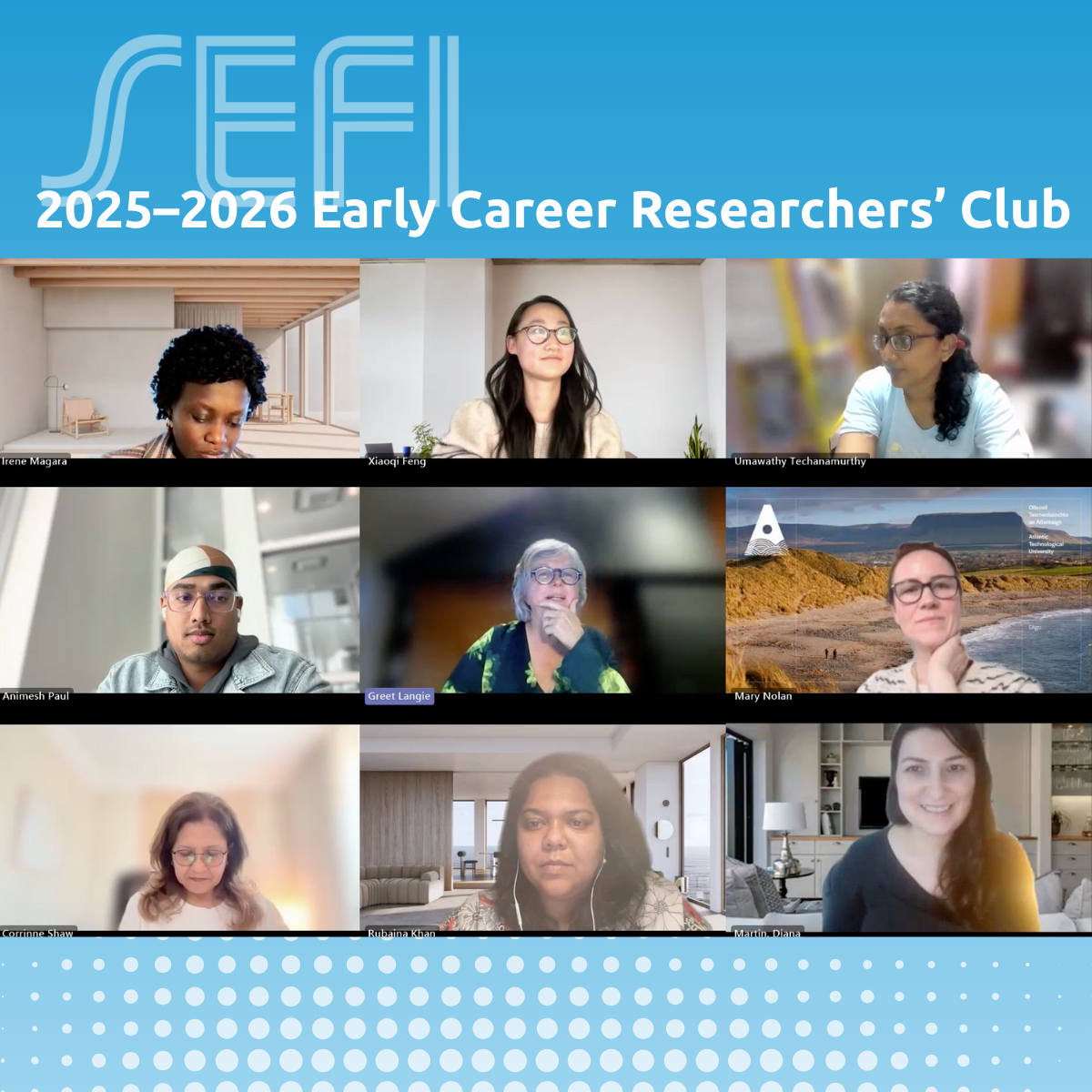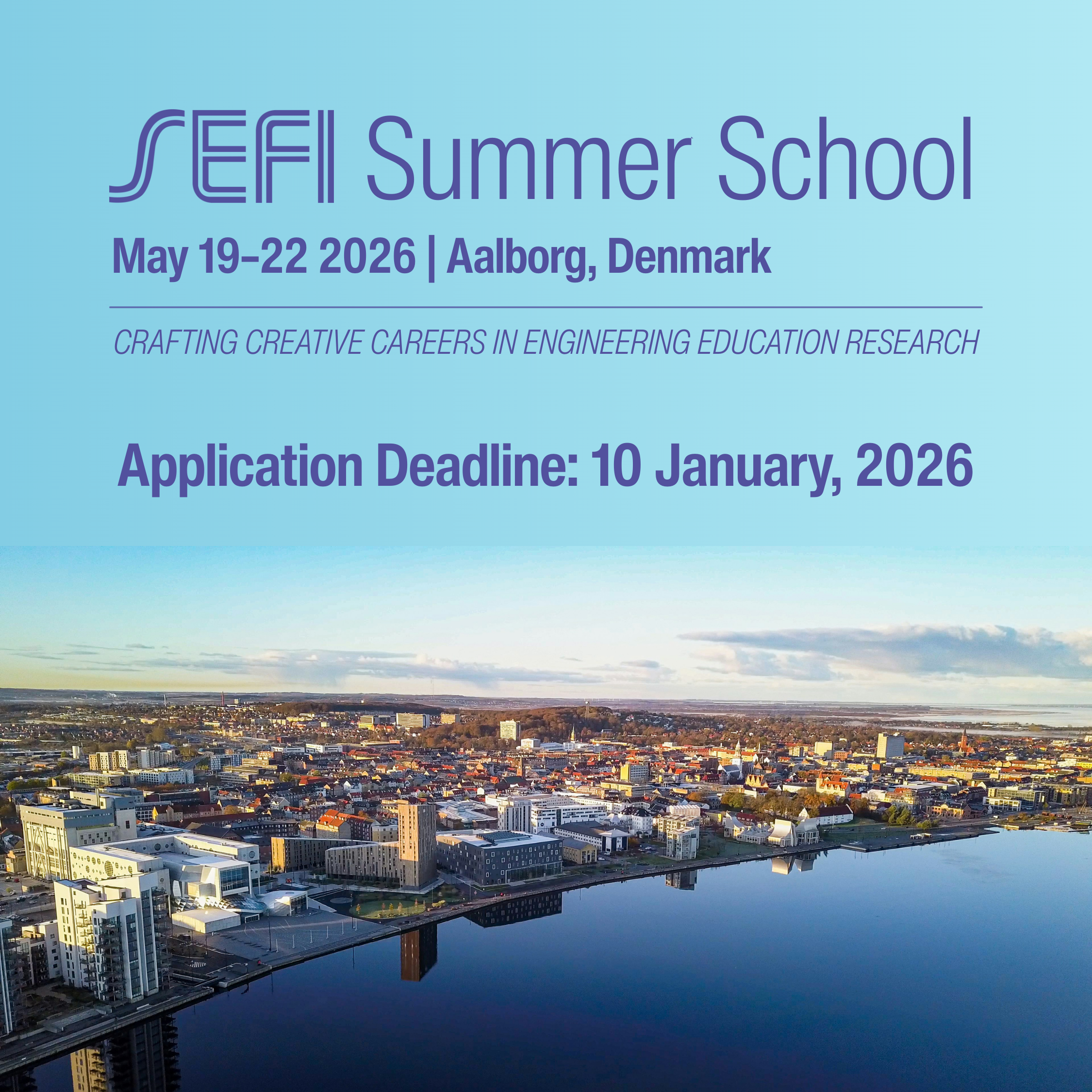The SEFI Early Career Researchers’ Club is a 9-month initiative designed to support and connect…
Sasha Nikolic, Scott Daniel, Rezwanul Haque, Marina Belkina, Ghulam M. Hassan, Sarah Grundy, Sarah Lyden, Peter Neal & Caz Sandison. (2023).
ChatGPT versus engineering education assessment: a multidisciplinary and multi-institutional benchmarking and analysis of this generative artificial intelligence tool to investigate assessment integrity. European Journal of Engineering Education, 48(4), 559–614.
It’s been exciting to see the immediate impact of this paper. But what made this the best paper for me is how useful it is. Now that many of our assessment practices are seriously challenged, the authors not only help us understand the situation, they also provide a goldmine of very valuable advice. Scholarliness and usefulness are the two quality criteria of this journal, and this paper combines them beautifully.
Kristina Edström, EJEE Editor-in-Chief
This paper explores the potential impact of ChatGPT on engineering education assessment methods and its role in enhancing learning. It is written by a diverse team of authors from multiple universities and a number of disciplines. The study investigates the ability of ChatGPT to succeed in different assessment tasks. The authors use the findings to offer thoughtful and useful guidance on adapting assessment strategies to uphold academic integrity, while improving the authenticity and validity of assessment. This makes the paper a timely resource addressing a pressing issue for educators.
The paper has already made significant impact, as indicated by its impressive citation and download rates. Published in late May 2023, it has already had over 30 000 downloads, and counting. It is the 4th most-read EJEE paper of all time, still with a good chance to climb to the top.


